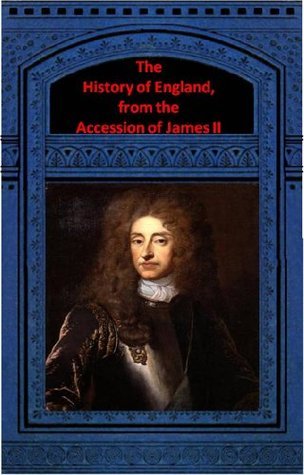What do you think?
Rate this book


457 pages, Kindle Edition
First published January 1, 1848
A traveler must be freed from all apprehension of being murdered or starved before he can be charmed by the bold outlines and rich tints of the hills.
The alacrity which is the effect of hope, the strength which is the effect of union, were alike wanting to the little community. From the councilors down to the humblest settlers all was despondency and discontent. The stock of provisions was scanty. The stewards embezzled a great part of it. The rations were small; and soon there was a cry that they were unfairly distributed. Factions were formed. Plots were laid. One ringleader of the malcontents was hanged.